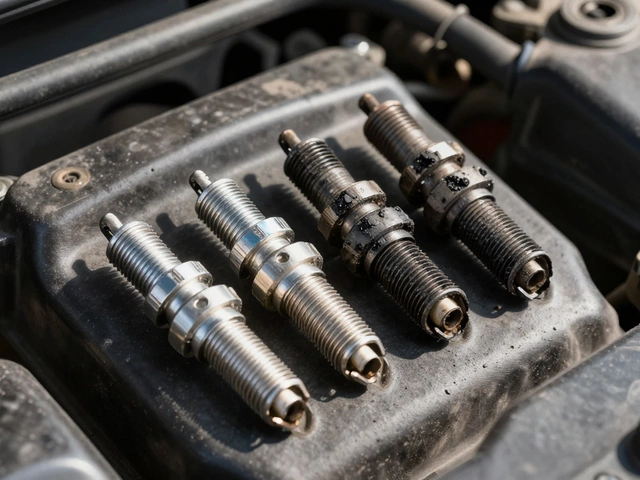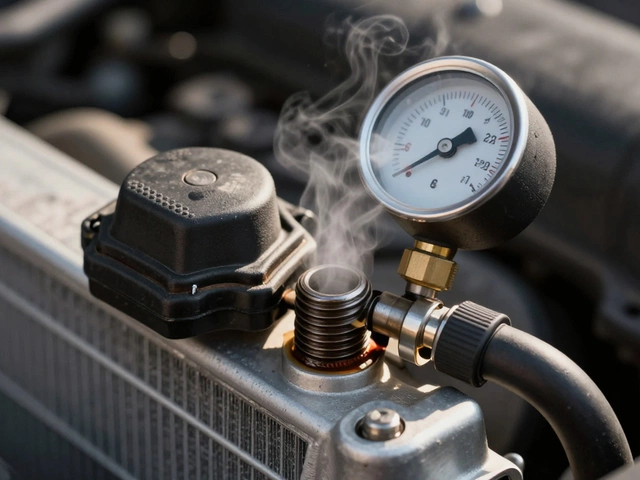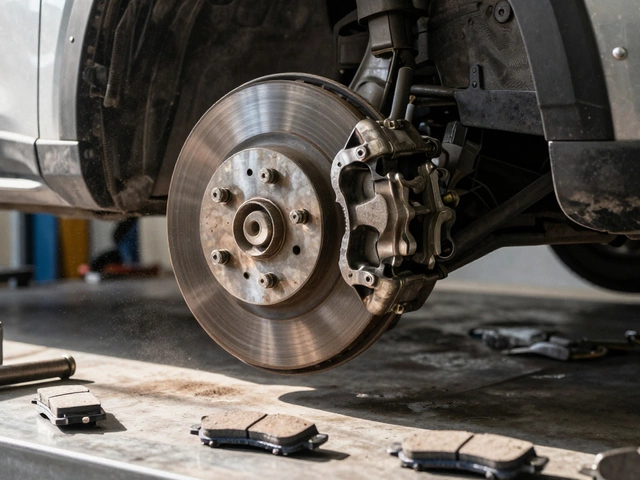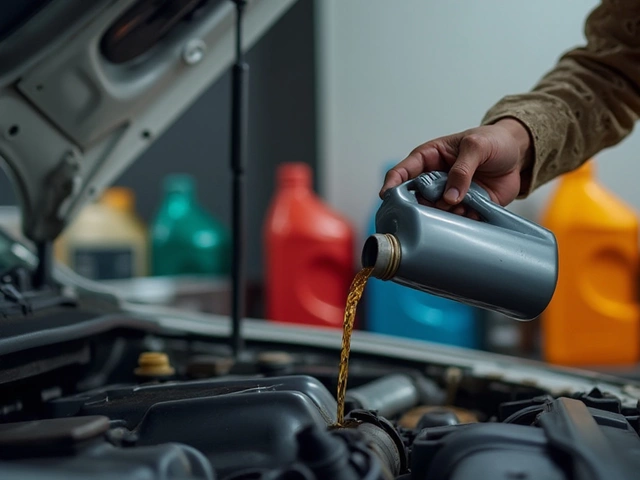Wheel Material Comparison: Which Wheels Fit Your Car Best?
Choosing the right wheels isn’t just about looking good. The material decides how the wheel handles heat, weight, strength and cost. Below we break down the four most common wheel types so you can spot the right match for your drive.
Steel Wheels – Tough, Cheap, and Simple
Steel wheels are the workhorse of the automotive world. They’re heavy, which means they’re great at absorbing road shocks and staying stable in harsh weather. Because steel is cheap to stamp, these wheels keep the price low – perfect for daily commuters or winter drivers who need durability more than flash.
On the downside, the extra weight adds to rotating mass, which can slightly lower acceleration and fuel efficiency. They also rust if the paint chips, so regular washing and a good under‑coat are a must. If you’re looking for a no‑frills, budget‑friendly option, steel is a solid choice.
Alloy Wheels – Light, Stylish, and Performance‑Friendly
Alloy wheels combine aluminum (and sometimes magnesium) with other metals to create a lighter wheel. The lower weight reduces unsprung mass, helping the suspension react faster and improving handling. Most drivers notice a subtle boost in fuel economy and a quieter ride because the wheel flexes less.
Alloys also let designers shape more intricate patterns, so they’re a favorite for people who want a custom look. However, the trade‑off is price – alloy wheels cost more than steel, and the softer metal can bend if you hit a curb hard. Proper care, like avoiding harsh impacts and cleaning off brake dust, will keep them looking sharp.
Forged Wheels – Premium Strength and Lightness
Forged wheels start as a solid block of aluminum that’s pressed and machined into shape. The process makes the grain flow tightly, giving the wheel exceptional strength while staying ultra‑light. The result is a wheel that feels almost weightless and can handle high horsepower without cracking.
Because forging is labor‑intensive, these wheels sit at the top of the price ladder. They’re popular among track enthusiasts and owners of high‑performance cars who want the best grip, fastest acceleration and a distinctive look. If you’re serious about racing or just want the ultimate upgrade, forged wheels are worth the investment.
Carbon Fiber Wheels – Cutting‑Edge, Lightest, and Expensive
Carbon fiber wheels push the weight limit to an extreme. They’re roughly half the weight of even forged aluminum wheels, which translates to instant throttle response and reduced brake fade. The material also doesn’t conduct heat like metal, so brake temperatures stay lower.
The biggest drawback is cost – carbon fiber wheels can cost several times more than forged ones. They’re also more fragile when it comes to impact; a hard hit can cause cracking instead of bending. For owners of exotic supercars or those who crave the absolute lightest wheel, carbon fiber is the crown jewel.
In short, each wheel material balances cost, weight, strength and style. Steel wins on durability and price, alloy offers a good mix of performance and looks, forged delivers top‑tier strength for enthusiasts, and carbon fiber pushes the limits of lightness for the bold. Pick the material that matches your driving needs and budget, and you’ll get wheels that not only look great but also enhance your car’s overall performance.

Is Upgrading to Alloy Wheels Worth It? Pros, Cons, and Hidden Costs Explained
Thinking about swapping steel for alloys? Here’s everything no one tells you—costs, looks, performance, repairs, and if they’ll actually change your driving.
CONTINUE READING








